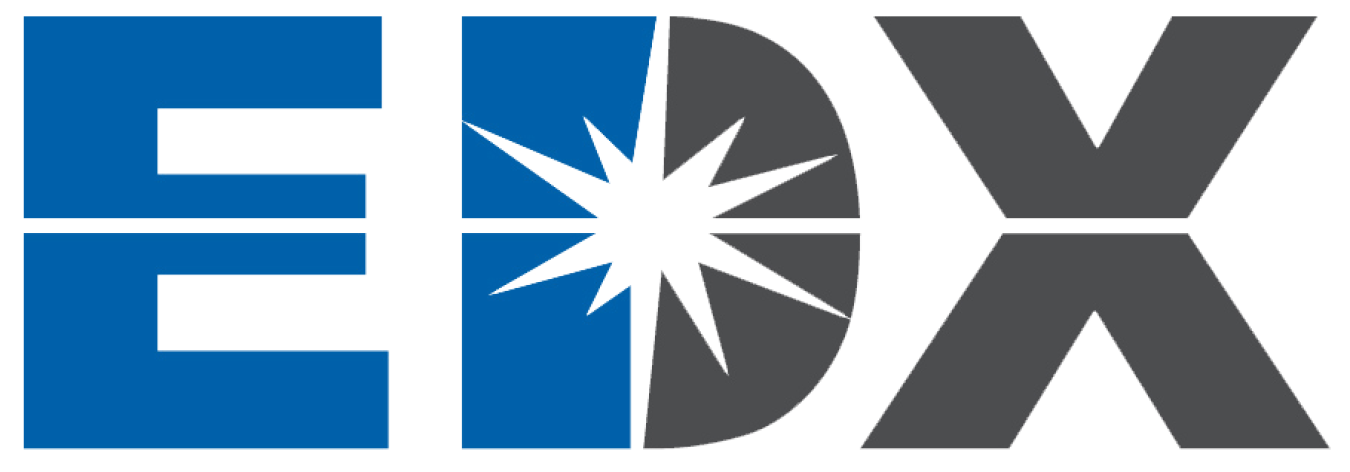
At NETL, sharing energy technical knowledge and expertise just got a whole lot easier. The Laboratory’s Office of Research and Development has recently launched the Energy Data eXchange, or EDX, a knowledge-sharing network built to provide a single source for fossil energy-related datasets and the tools to use them. EDX is designed to make research and other data generated by NETL researchers, other EDX users, and outside agencies available almost instantly through a common portal that features key tools to support analysis and evaluation.
EDX houses primary R&D data. EDX datasets contain results from hundreds of fossil energy research projects. Some datasets are current. Some are historic. All are made instantly and reliably accessible to increase the speed and reduce the cost of ongoing research, provide transparency to NETL programs, and inform federal, state, and local energy policy.
EDX facilitates connections. Collective workspaces in EDX help researchers collaborate quickly and cost effectively in a secure environment from across the office or across the world. In addition, multi-organizational search capabilities pull from internal energy-related data and link to externally hosted resources. Public features, such as EDX tools and EDX groups, promote information sharing, technology development, and knowledge and technology transfer.
EDX is secure. The system provides three tiers of access, ensuring that information is only shared when it’s meant to be. Open-access data is available to the public for download and represents the knowledge-transfer half of EDX. Restricted data is available to registered users as appropriate. Collaborative data is proprietary and securely shared among designated members of identified teams. To further promote a secure environment, open-access and restricted data are quality checked before being made available, and then subject to continuous monitoring by all users.
EDX adapts to user needs. As an evolving platform, EDX is being developed in response to the needs of its users. This user-driven system approach will keep EDX relevant, improve its content and capabilities, and ensure that it is a continuously growing and evolving tool that meets the needs of the energy research community.
Because NETL administers wide-ranging fossil energy research projects and maintains a highly specialized talent base, knowledge management and efficient information transfer are strategic priorities. EDX is dynamically aligning and sharing relevant data to fill immediate needs across our organization. Organizations like NETL understand that the ability to keep researchers connected allows them to create productive relationships and solve today’s energy challenges efficiently. EDX meets the growing demand to access, share, and publish data and data-driven products in support of science-based decision making.
